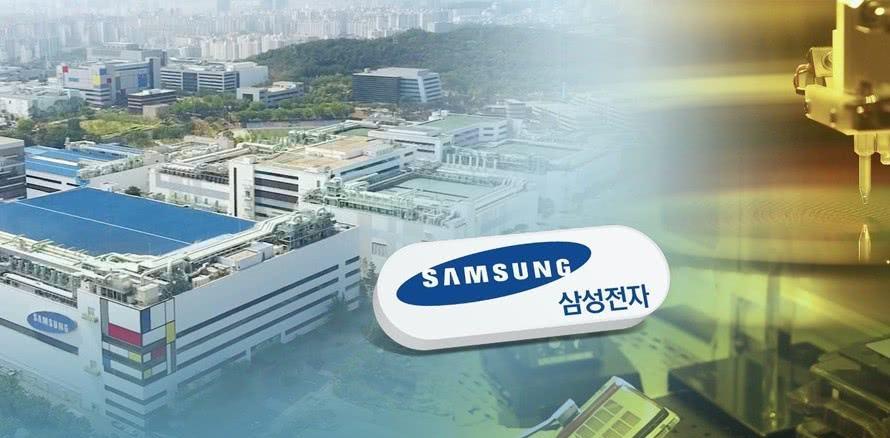Samsung Electronics announced that it will supply memory semiconductors to global automakers. It is predicted that Tesla may also be one of the users, and it is reported that this will include semiconductors that implement Tesla's ADAS function, FSD (Full Self Driving). Tesla's Cybertruck may be equipped with a model of Samsung Electronics Semiconductor.

The automotive memory semiconductors supplied this time are PCIe Gen3 NVMe 256GB SSD, 2GB DDR4 DRAM, and 2GB GDDR6 graphics DRAM. For ADAS implementations, 2GB GDDR6 graphics DRAM and 128GB UFS are applied.
For traditional automotive semiconductors, this is a fairly high specification. In particular, the continuous read and write speeds of the 256GB SSD are 2100MB/s and 300MB/s, respectively, which are 7 times and 2 times faster than the on-board built-in multimedia card (eMMC), respectively. That's why the focus is on the possibilities of Tesla delivery. Samsung Electronics explained: "This is due to recent expansions in autonomous driving systems and advances in in-vehicle infotainment systems such as high-resolution maps, video streaming, and games. ”
All of these products meet the global quality standard AEC-Q100 for automotive semiconductors. It is said to work stably in extreme environments of minus 40 degrees to 105 degrees.
According to market research firm IHS Markit, the $45 billion automotive semiconductor market at the beginning of the year is expected to grow at a rate of more than 9 percent per year to $74 billion. According to IHS Markit forecasts, demand for automotive semiconductors is expected to grow at an average annual rate of 8% by 2027, from 132.5 billion this year to 208.3 billion.
As we all know, an internal combustion engine car only needs 200 to 300 semiconductors, but an L3 or higher level of self-driving cars requires 2000 to 3000 semiconductors. The shortening of the semiconductor replacement cycle from 7-8 years to 3-4 years has also driven the development of the automotive semiconductor market.
Meanwhile, Samsung Electronics launched three types of vehicle system semiconductors in November, which will be installed on Volkswagen electric vehicles. In addition, it is well known that the ISOCELL Auto 4AC, an on-board image sensor launched in July, will be supplied to global automakers through camera module manufacturers.